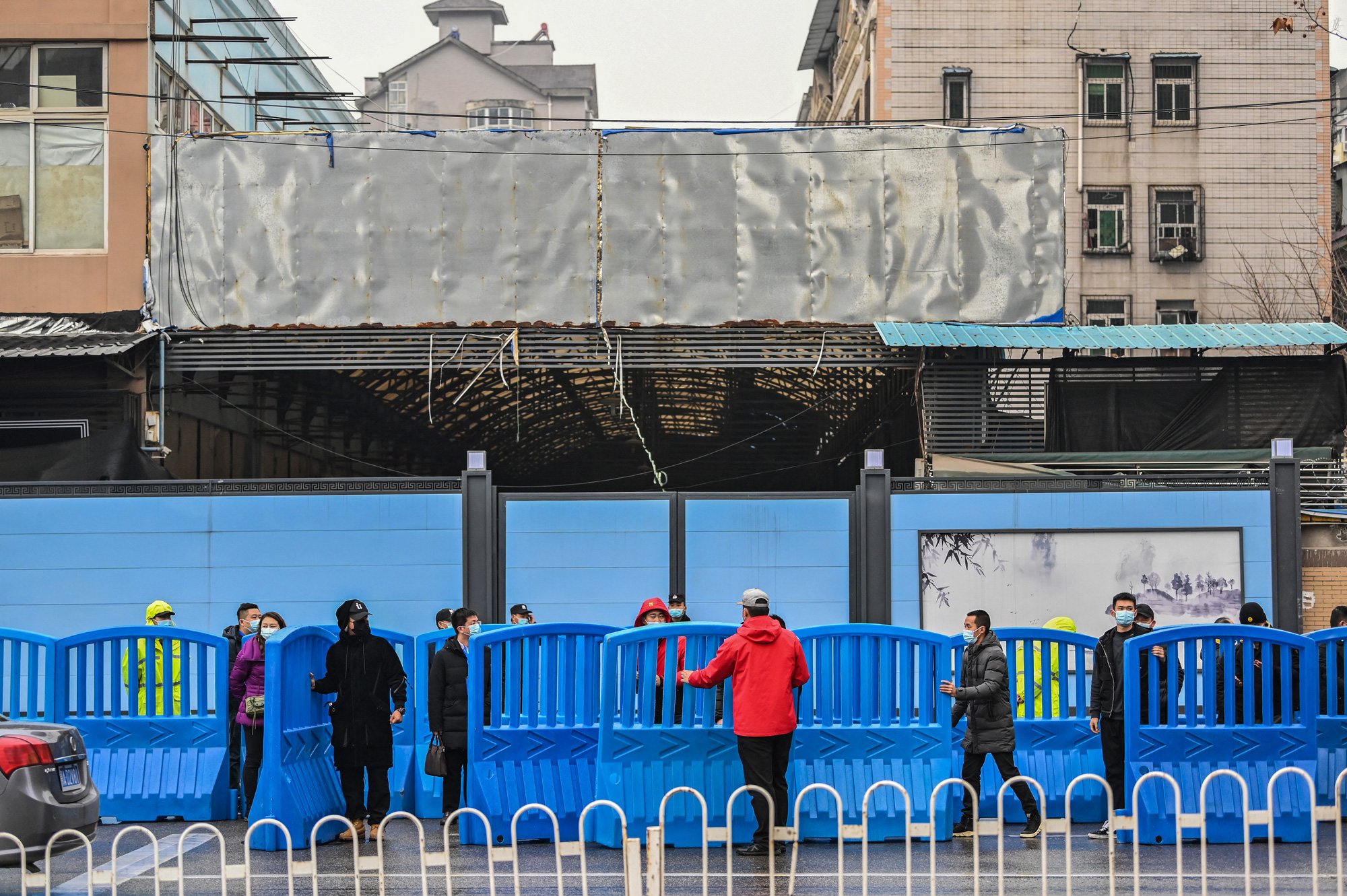
Barricades are erected outside the now-closed Huanan Seafood Market in Wuhan, Hubei Province, China, January 31, 2021 - Photo: AFP
Nearly five years after the COVID-19 outbreak, the international community has yet to pinpoint the exact origin of the disease.
The first cases were detected in Wuhan, China in late 2019, but there has been fierce debate between two main hypotheses.
One theory is that the virus leaked from a laboratory in Wuhan that studies similar viruses. The other theory is that humans contracted COVID-19 from infected wild animals sold at a local market.
According to AFP news agency, scientists have leaned towards the second hypothesis, but the controversy continues.
On September 19, the journal Cell published a new study, which collected more than 800 samples at the Huanan Seafood Market in Wuhan, where wild mammals were sold.
These samples were collected in January 2020, after the market was closed, and were not taken directly from animals or humans, but from the surfaces of wildlife stalls, as well as from sewers.
With this kind of data, "we cannot say with certainty whether the animals at the market were infected with the virus," said study co-author Florence Debarre, an evolutionary biologist at the French National Center for Scientific Research (CNRS). However, "our study confirms that at the end of 2019, there were wild animals present at the market, including raccoon dogs and civets."
"And these animals were found in the southwest corner of the market, which is also the area where a lot of SARS-CoV-2, the virus that causes COVID-19, was found," Debarre added.
These small mammals can be infected with the same viruses as humans, making them potential intermediate hosts for the transmission of the virus from bats to humans. Until now, the SARS-CoV-2 virus was thought to have originated in bats.
Scientists found multiple items in stalls at the Huanan market that tested positive for the virus that causes COVID-19, including "animal carts, cages, garbage trucks and shavers."
"In these samples, there was more wild mammal DNA than human DNA," AFP news agency quoted the study.
"The study suggests that either these animals shed SARS-CoV-2 onto livestock equipment, or that unreported human cases of COVID-19 shed the virus in the very locations where these animals were present," the study said.
There are still no measures to limit wildlife trade to prevent disease.
James Wood, an infectious disease epidemiologist at the University of Cambridge (who was not involved in the study), commented that the study "provides very strong evidence that the wildlife stalls at the Huanan Seafood Market in Wuhan were the epicentre for the COVID-19 outbreak."
James Wood also stressed that the study is important because "little is being done to curb the trade in live wildlife, or to prevent biodiversity loss and land-use change, which are potential drivers of past and future pandemics."
The expert also pointed out that these aspects have not yet been included in the draft pandemic prevention treaty that countries are currently negotiating.
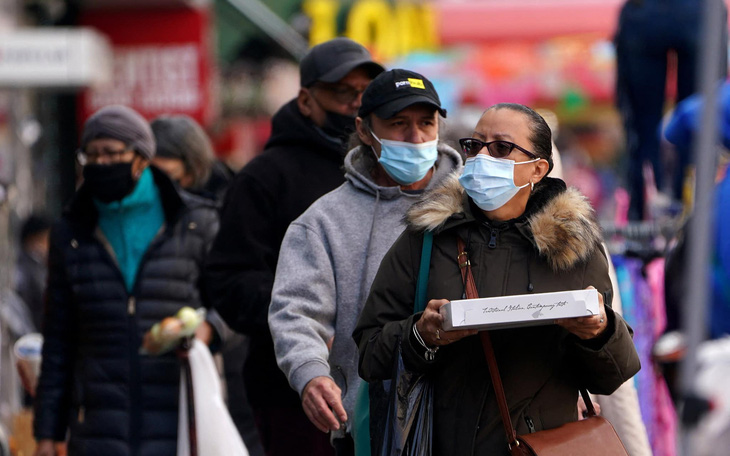 COVID-19 surges across the US
COVID-19 surges across the USSource: https://tuoitre.vn/nghien-cuu-moi-phat-hien-them-bang-chung-covid-19-bat-nguon-tu-cho-o-trung-quoc-20240920121759626.htm


![[Photo] Japanese Prime Minister's wife visits Vietnamese Women's Museum](https://vstatic.vietnam.vn/vietnam/resource/IMAGE/2025/4/27/8160b8d7c7ba40eeb086553d8d4a8152)

![[Photo] Foreign tourists impressed by the way history is conveyed through interactive exhibitions at Nhan Dan Newspaper](https://vstatic.vietnam.vn/vietnam/resource/IMAGE/2025/4/27/6bc84323f2984379957a974c99c11dd0)
![[Photo] Living witnesses of the country's liberation day present at the interactive exhibition of Nhan Dan Newspaper](https://vstatic.vietnam.vn/vietnam/resource/IMAGE/2025/4/27/b3cf6665ebe74183860512925b0b5519)
![[Photo] General Secretary To Lam receives Chairman of the Liberal Democratic Party, Japanese Prime Minister Ishiba Shigeru](https://vstatic.vietnam.vn/vietnam/resource/IMAGE/2025/4/27/63661d34e8234f578db06ab90b8b017e)
![[Photo] General Secretary To Lam's wife and Japanese Prime Minister's wife make traditional green rice cakes together](https://vstatic.vietnam.vn/vietnam/resource/IMAGE/2025/4/27/7bcfbf97dd374eb0b888e9e234698a3b)










![[Video] Application of AI in refractive treatment](https://vstatic.vietnam.vn/vietnam/resource/IMAGE/2025/4/27/066ffc5241d64237972a757bc3aaa0ee)
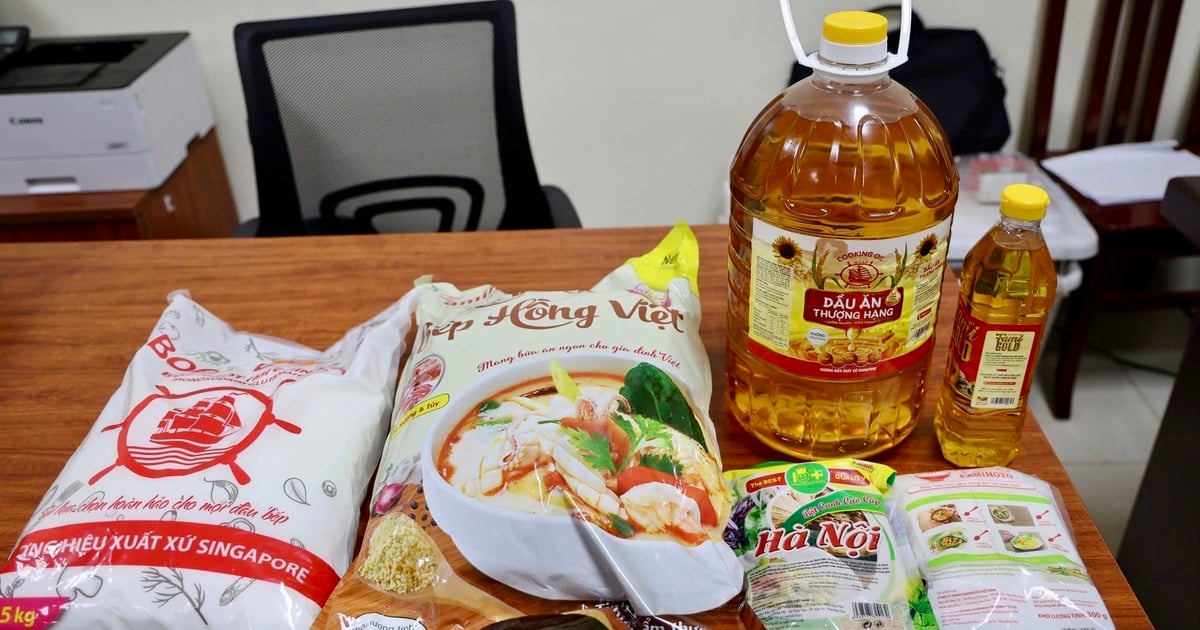

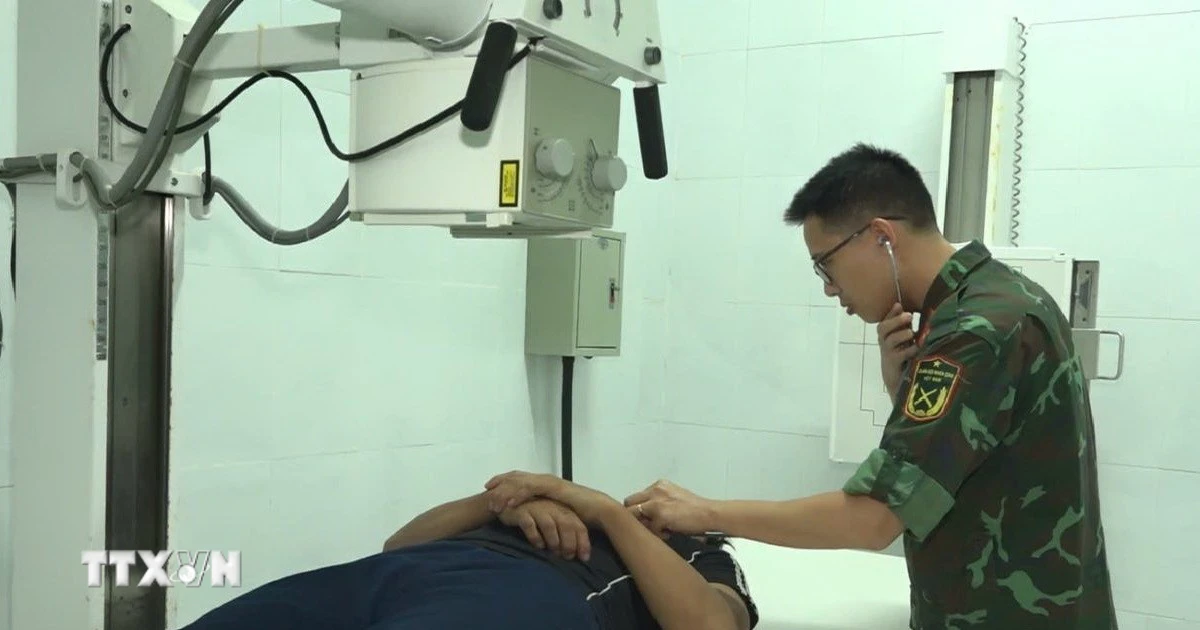


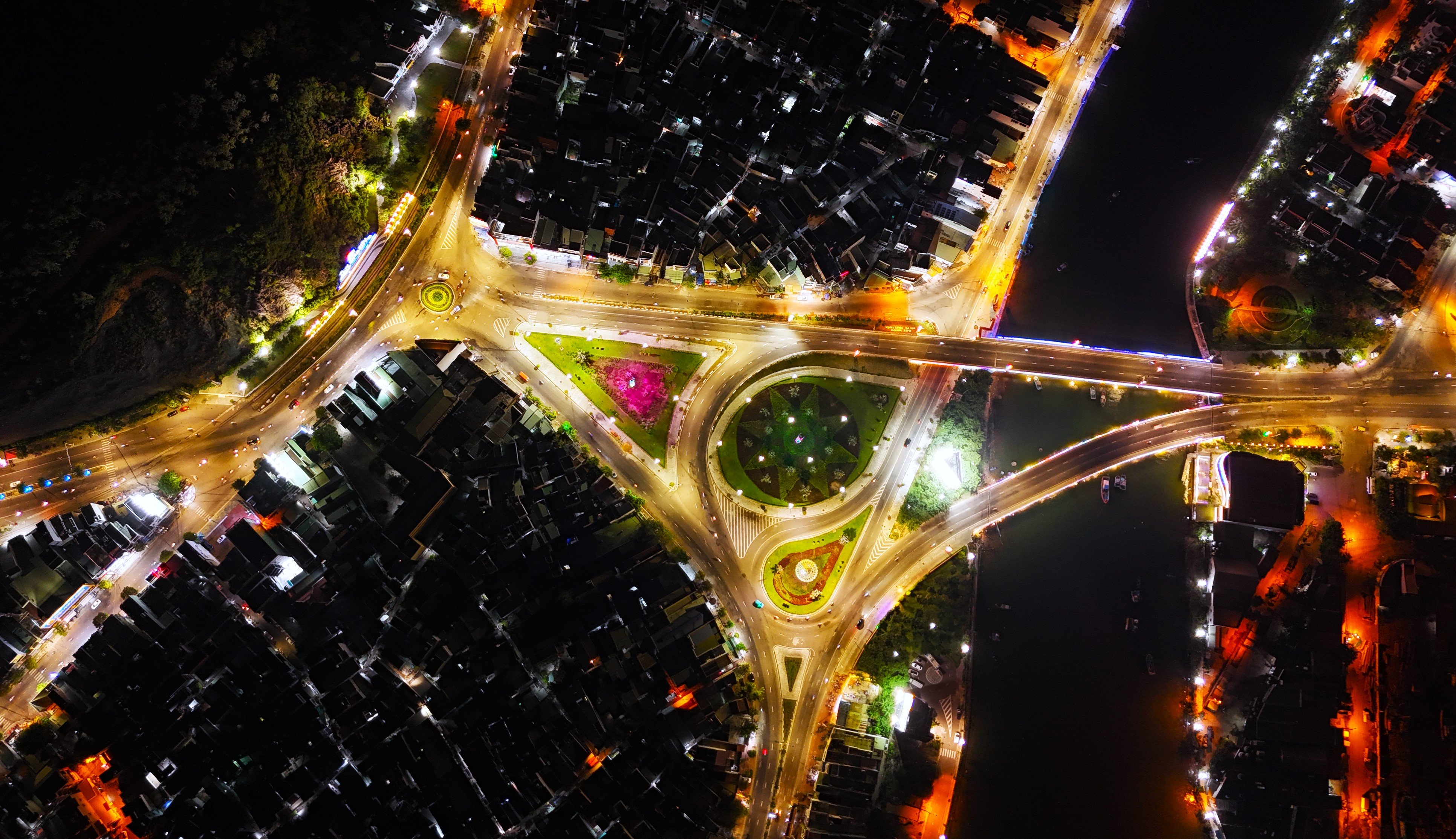
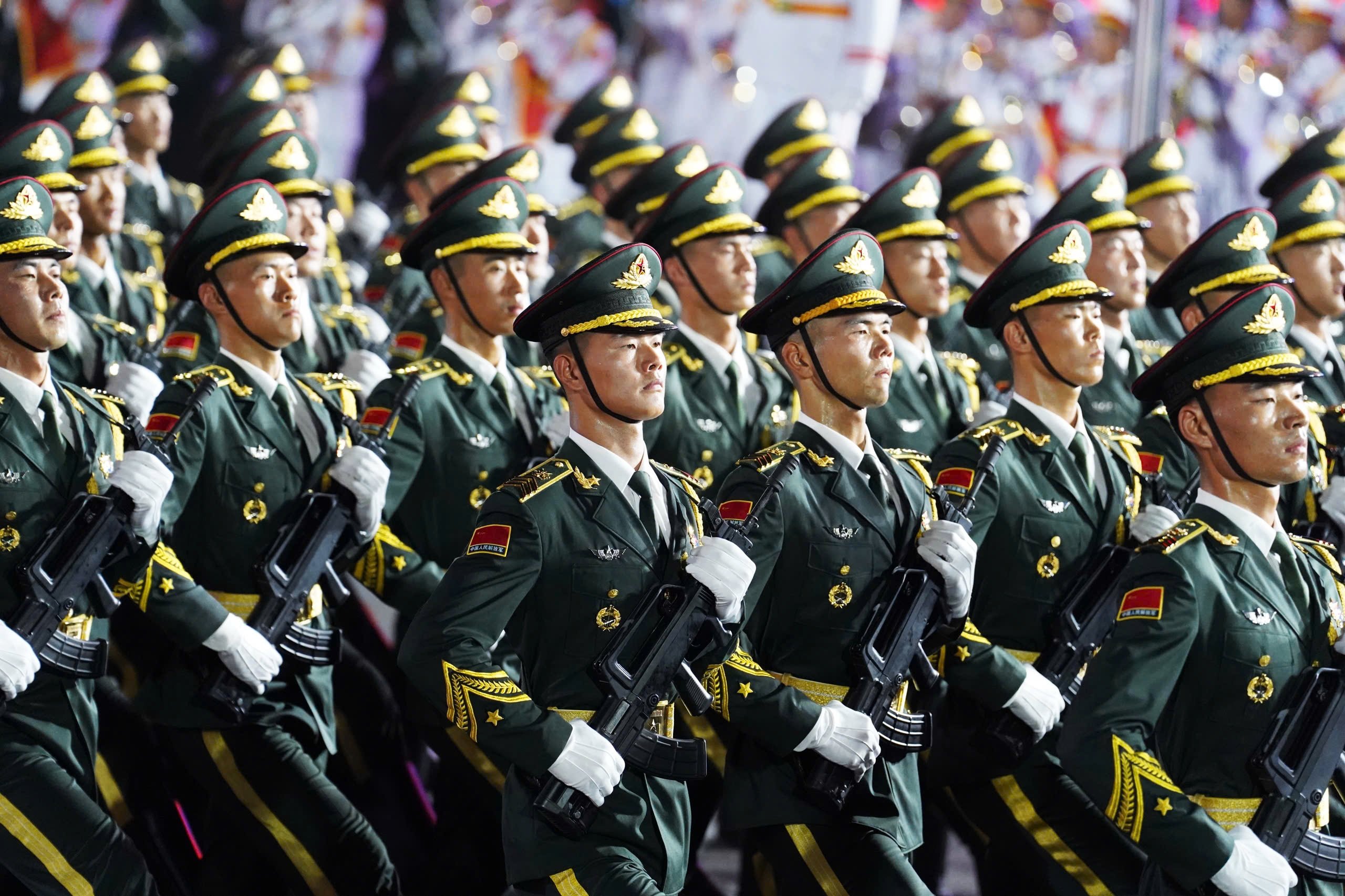
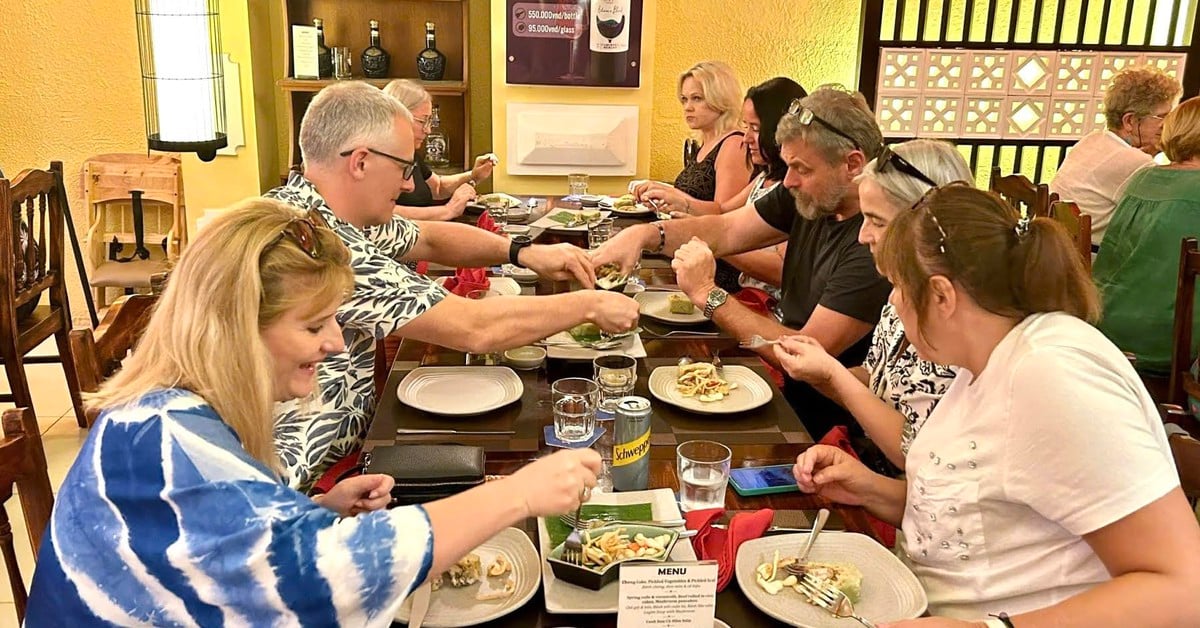


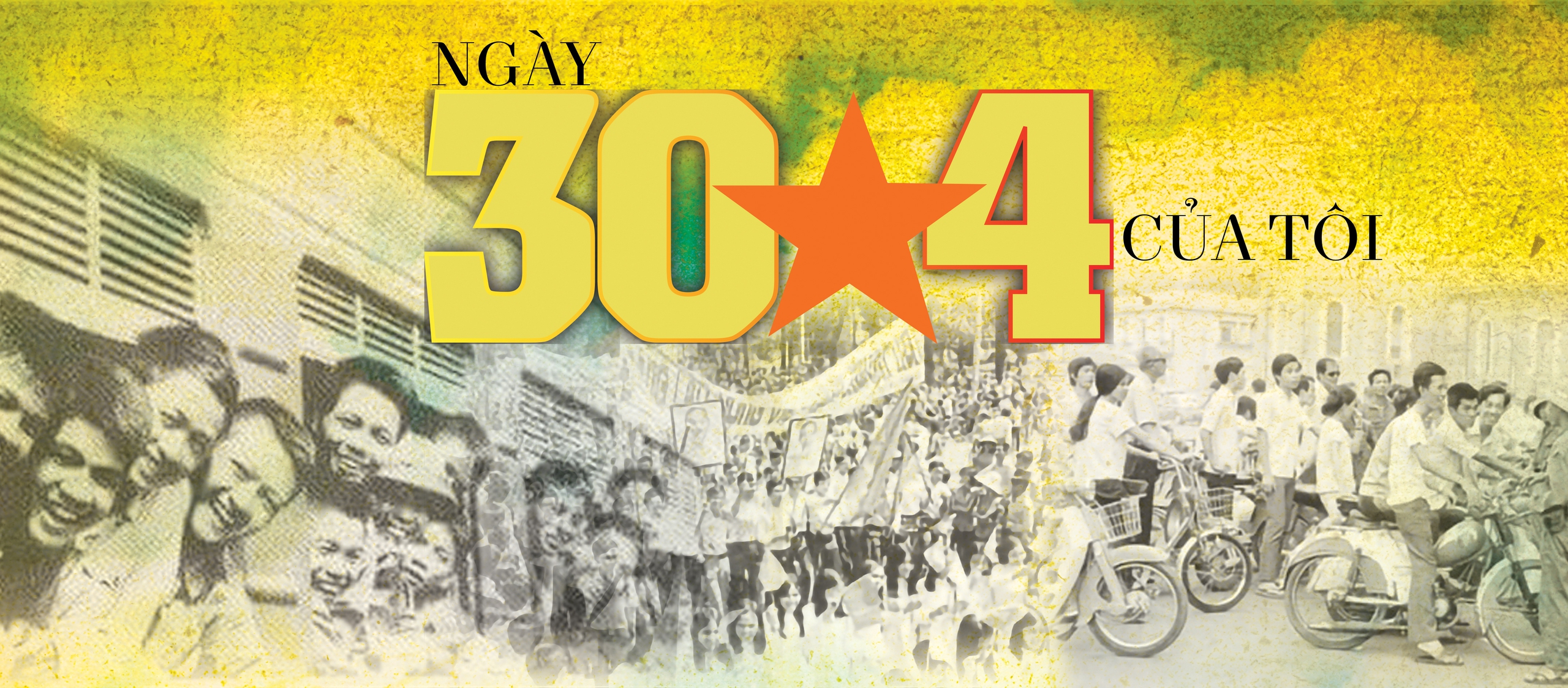









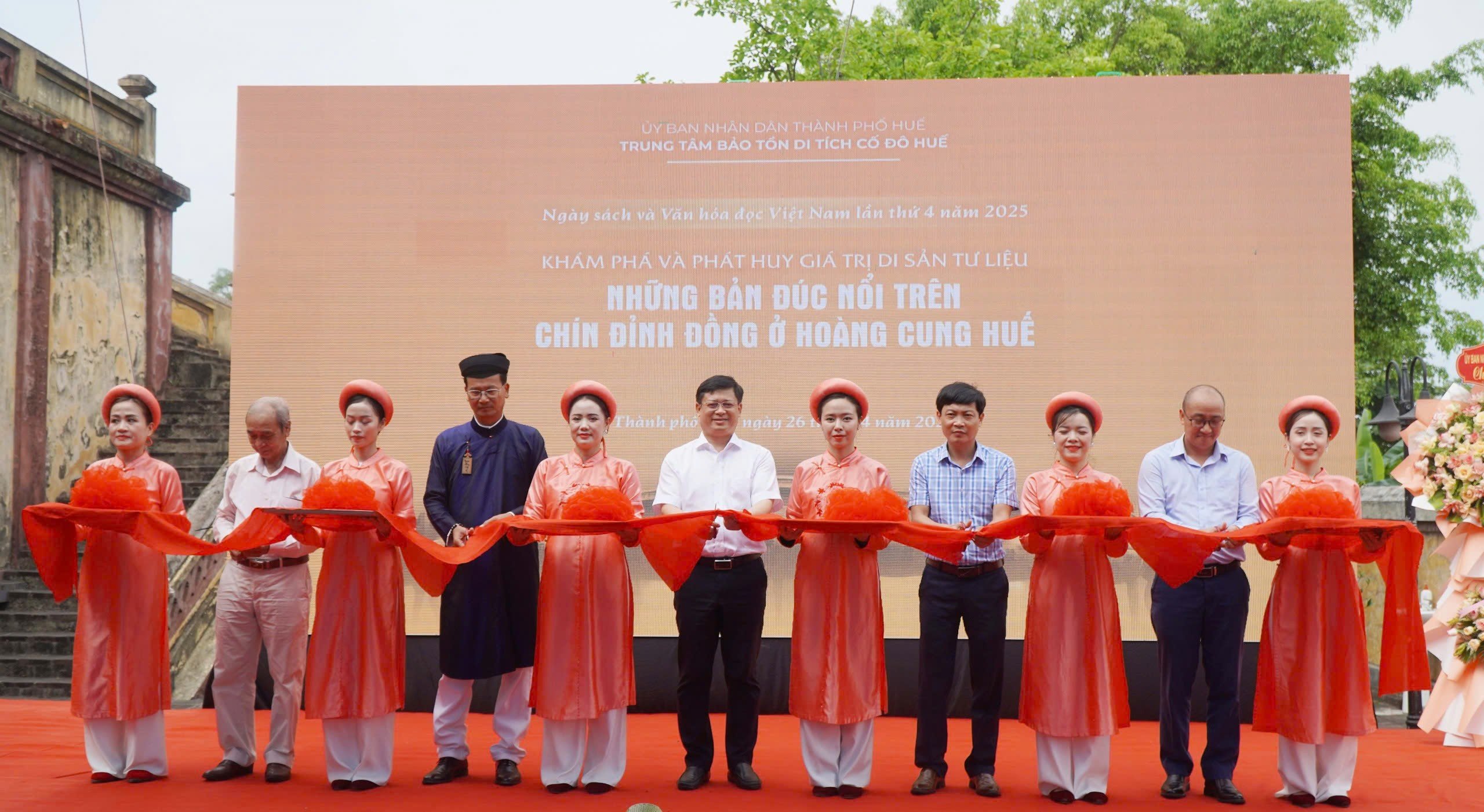

























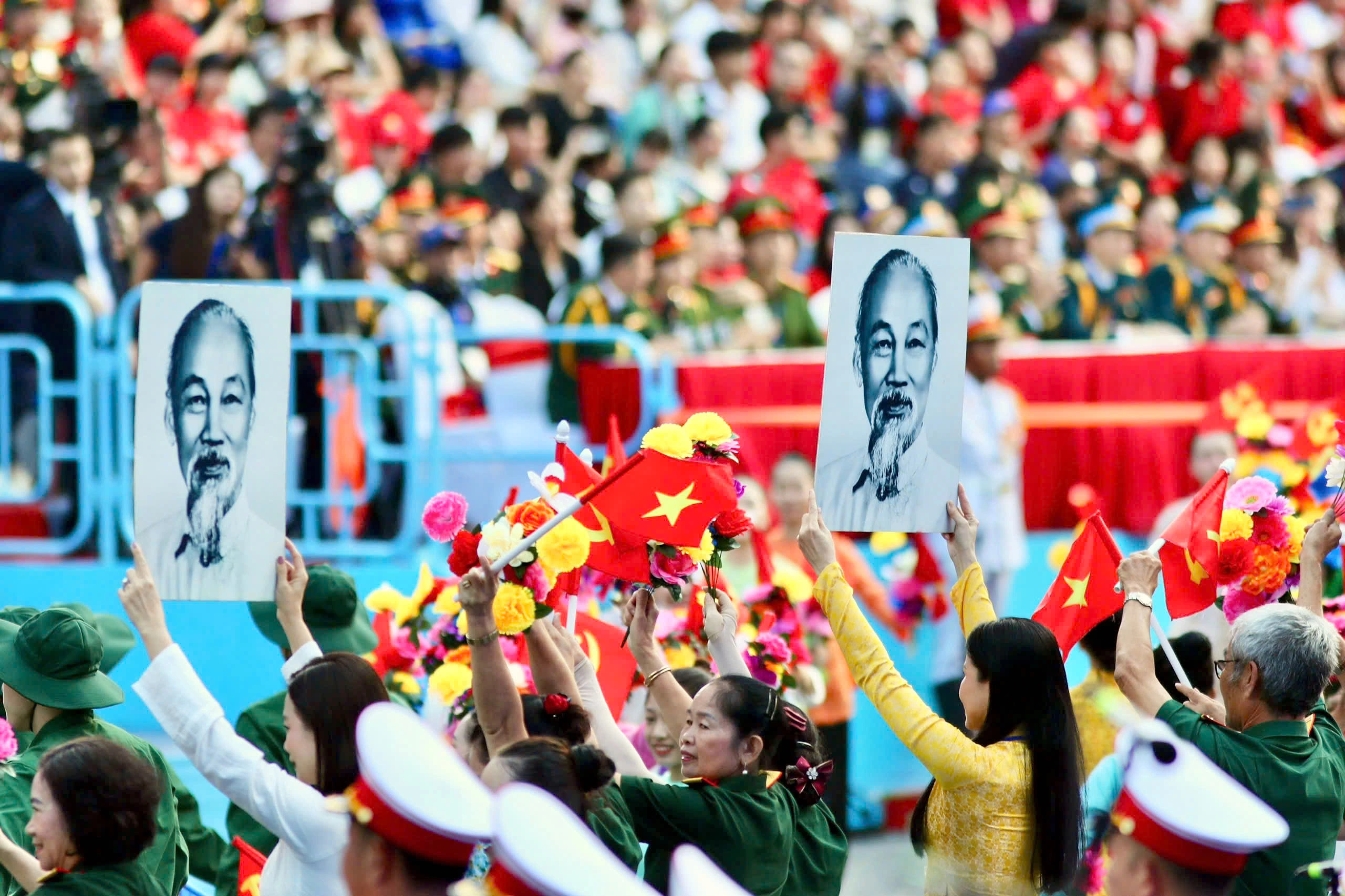

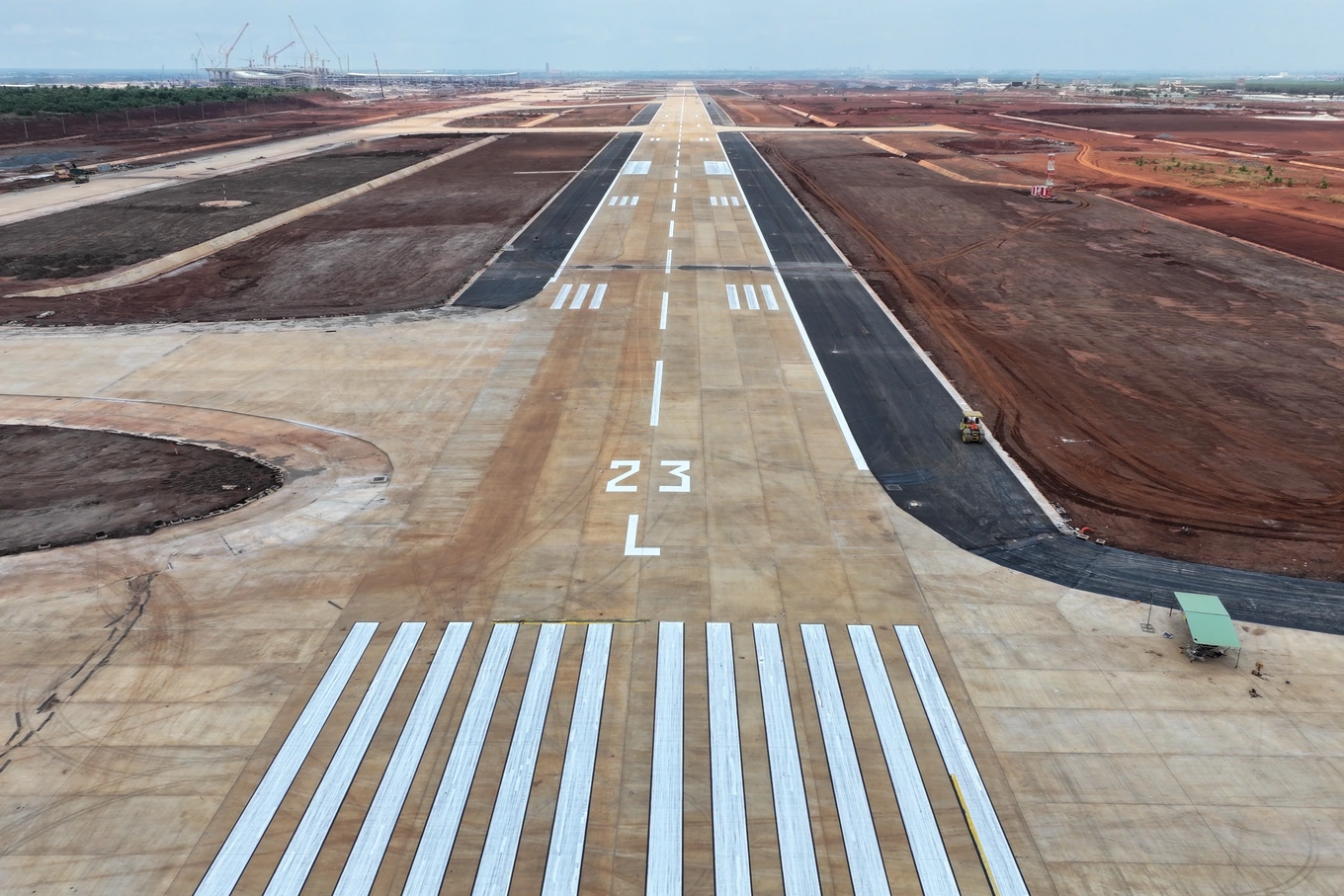





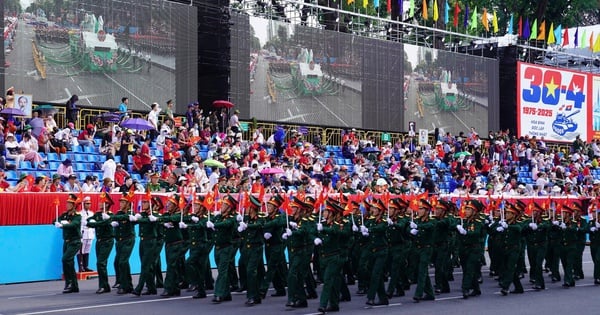








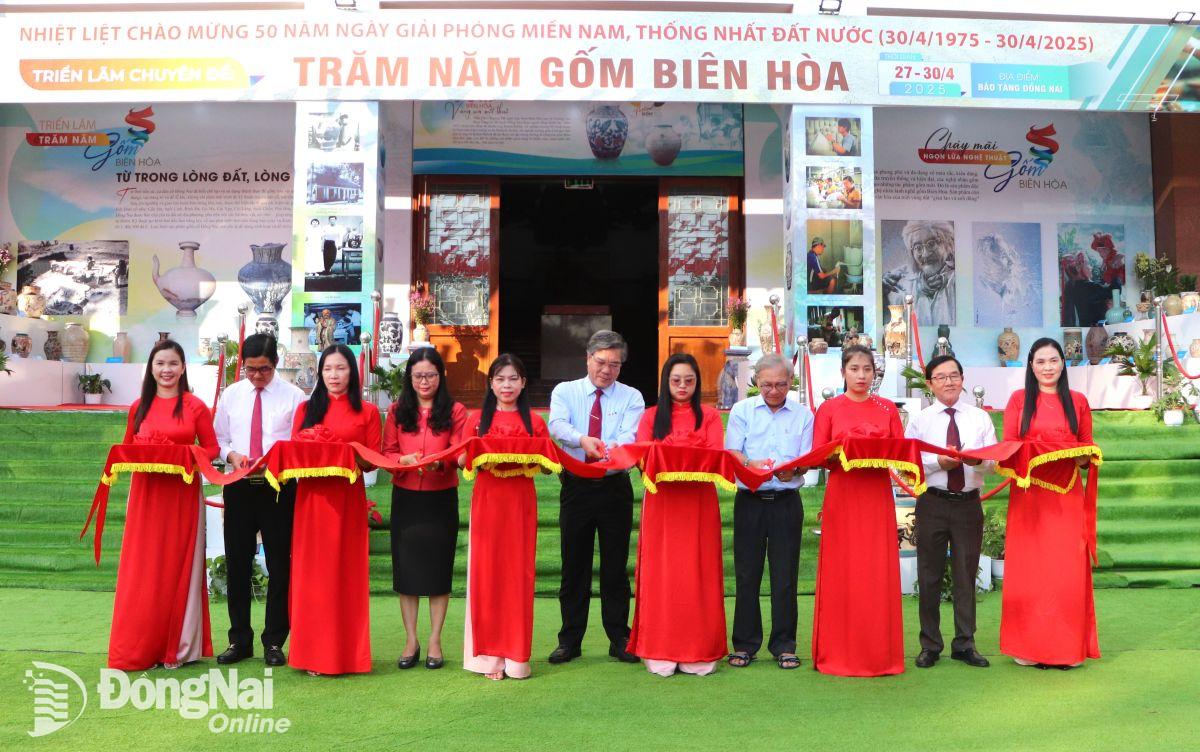

![[Photo series] People eagerly visit Bien Hoa Pottery Festival](https://vstatic.vietnam.vn/vietnam/resource/IMAGE/2025/4/27/67c85e9e8954429eb8fc84010c6a6f57)
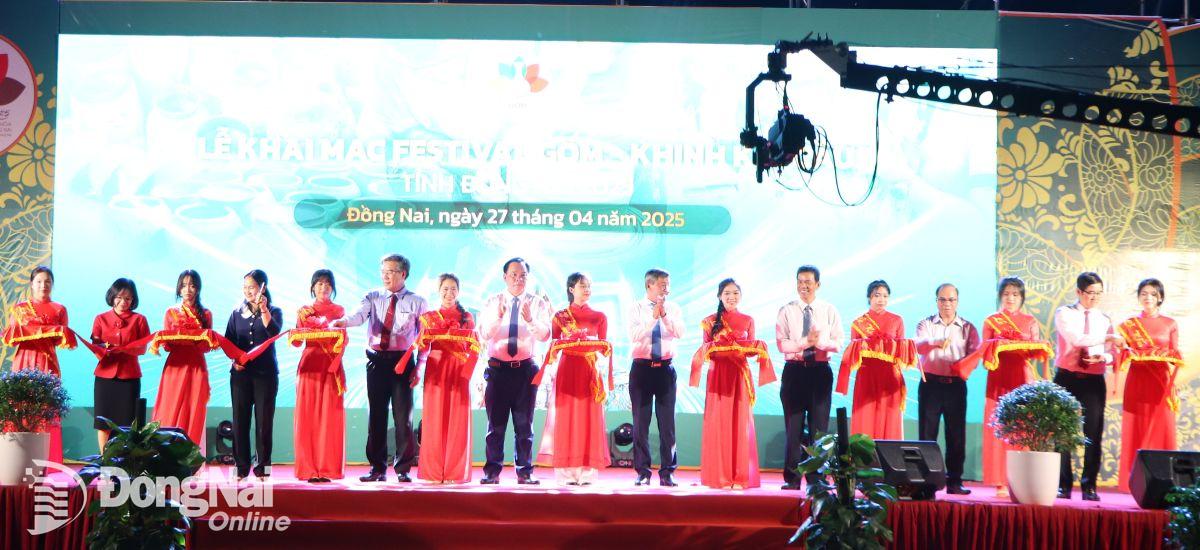
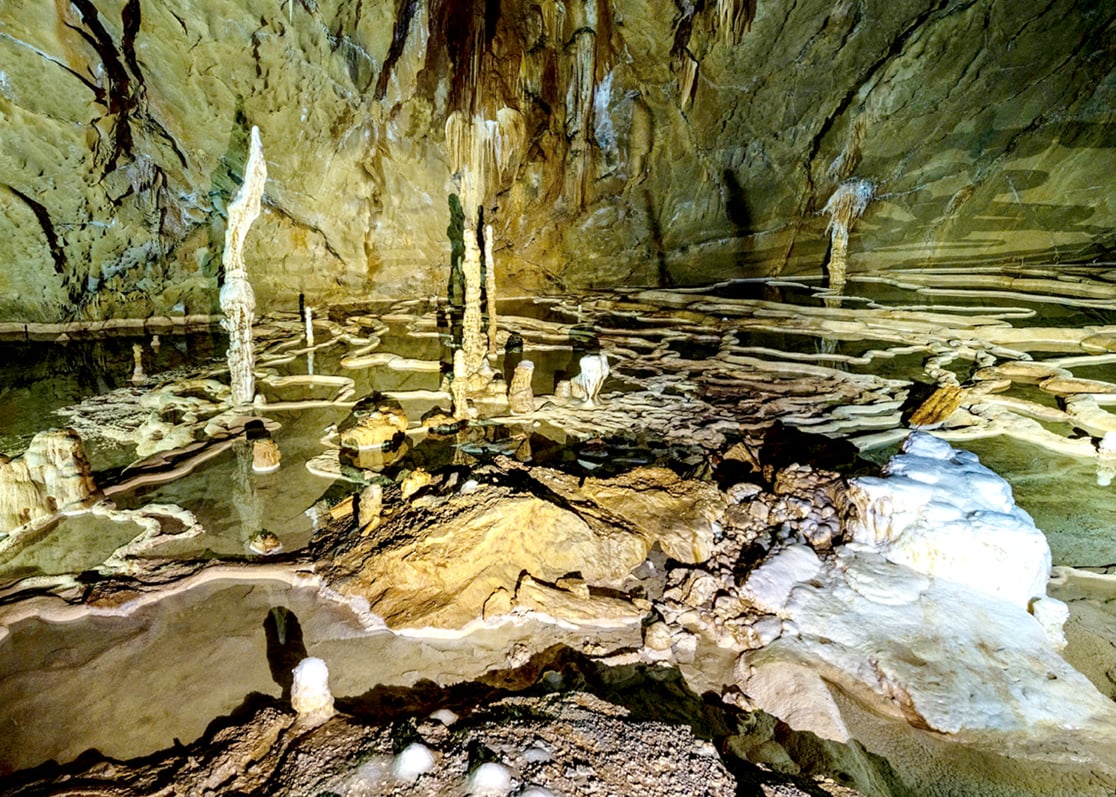



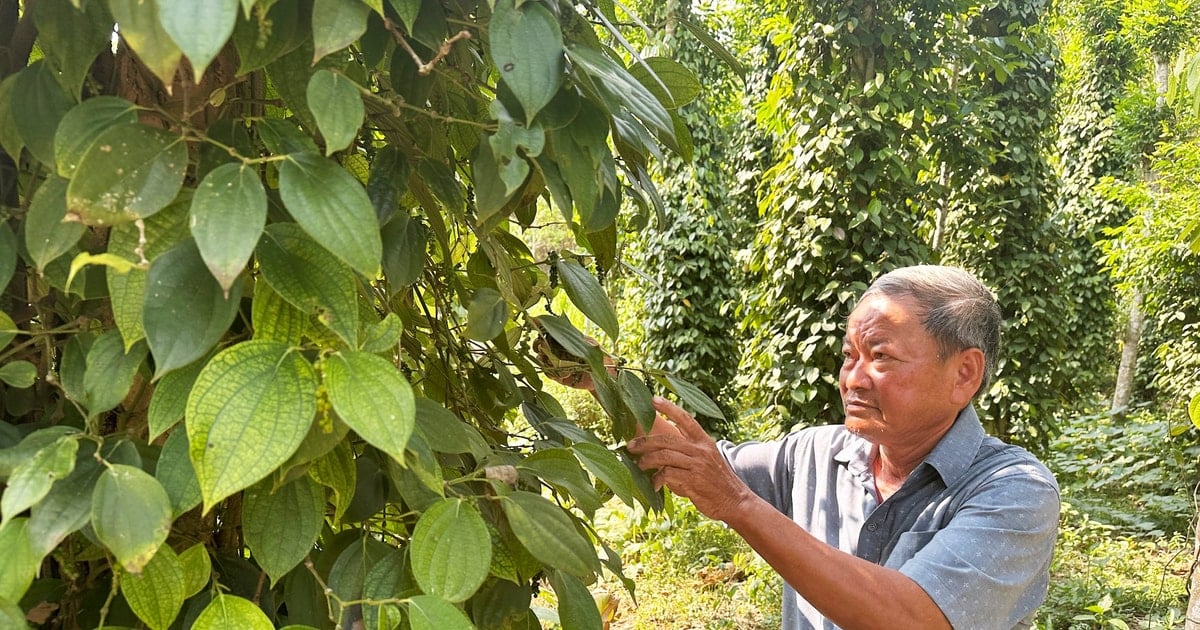



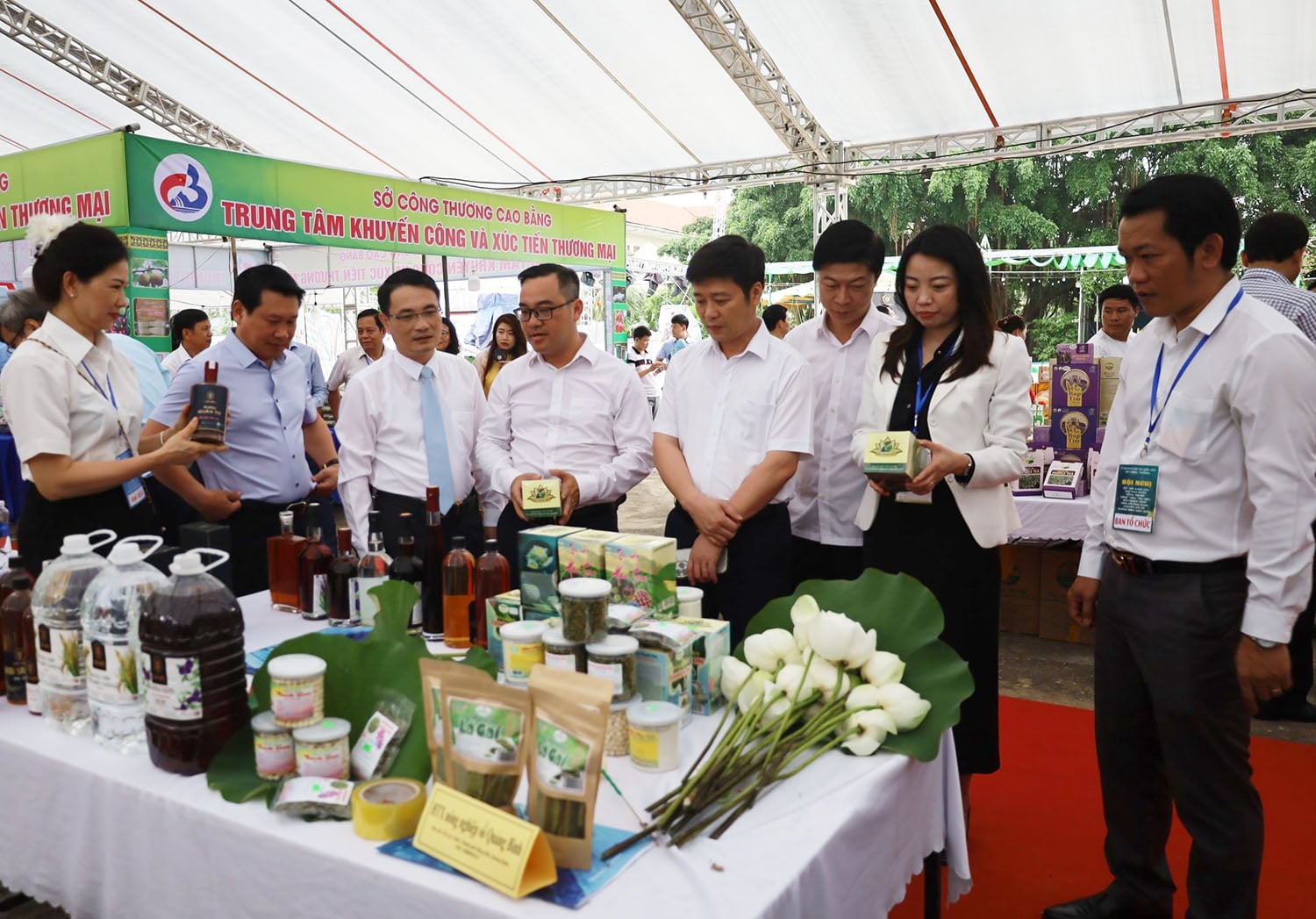



Comment (0)